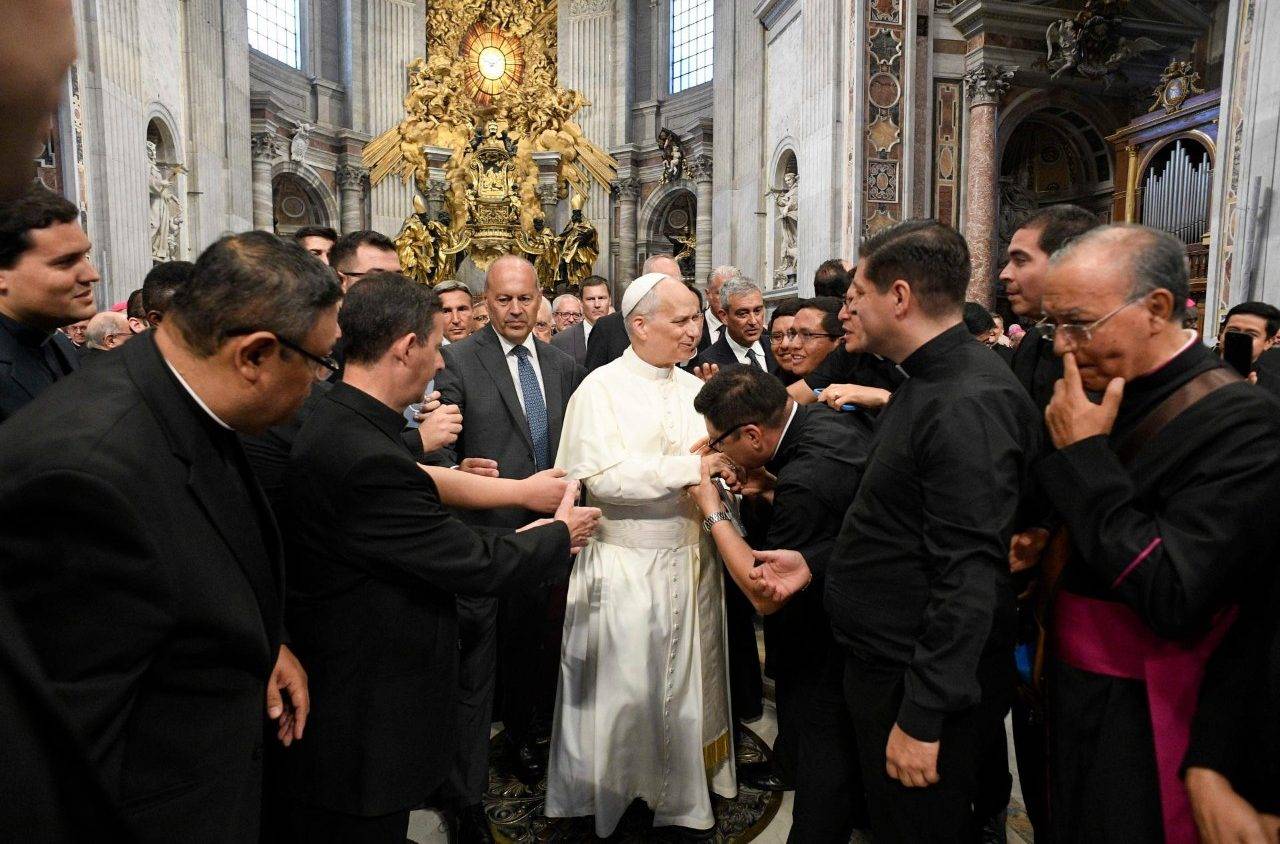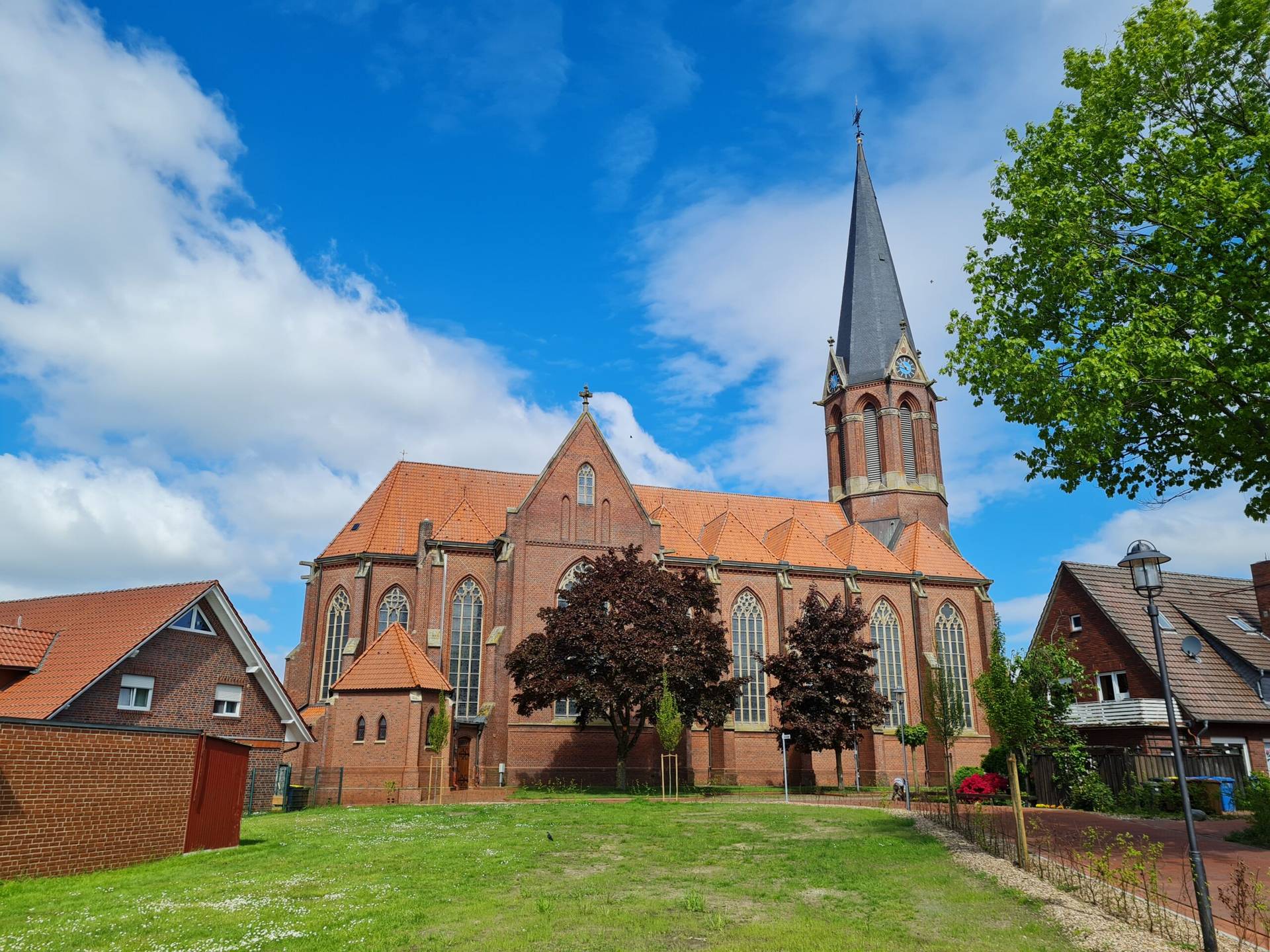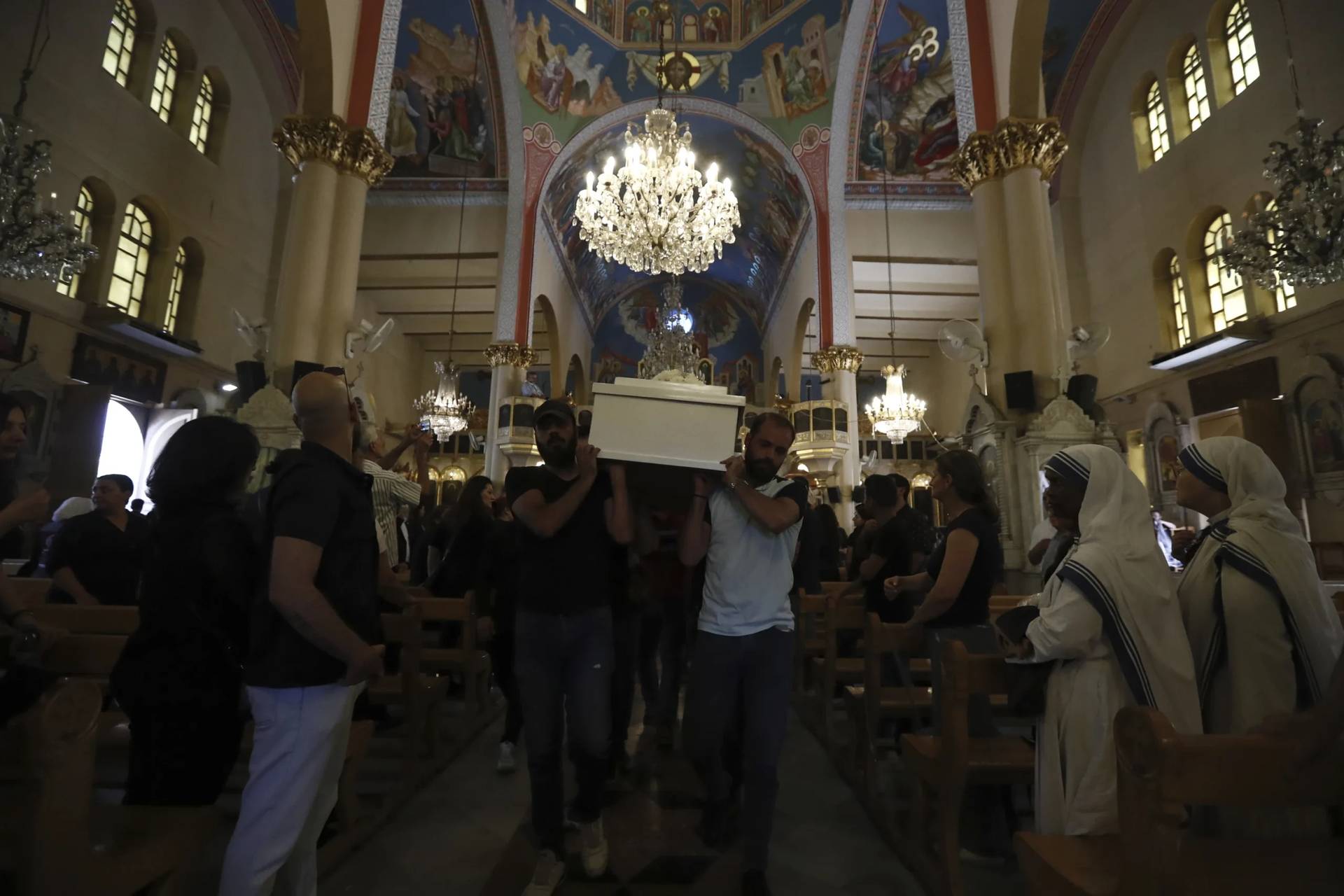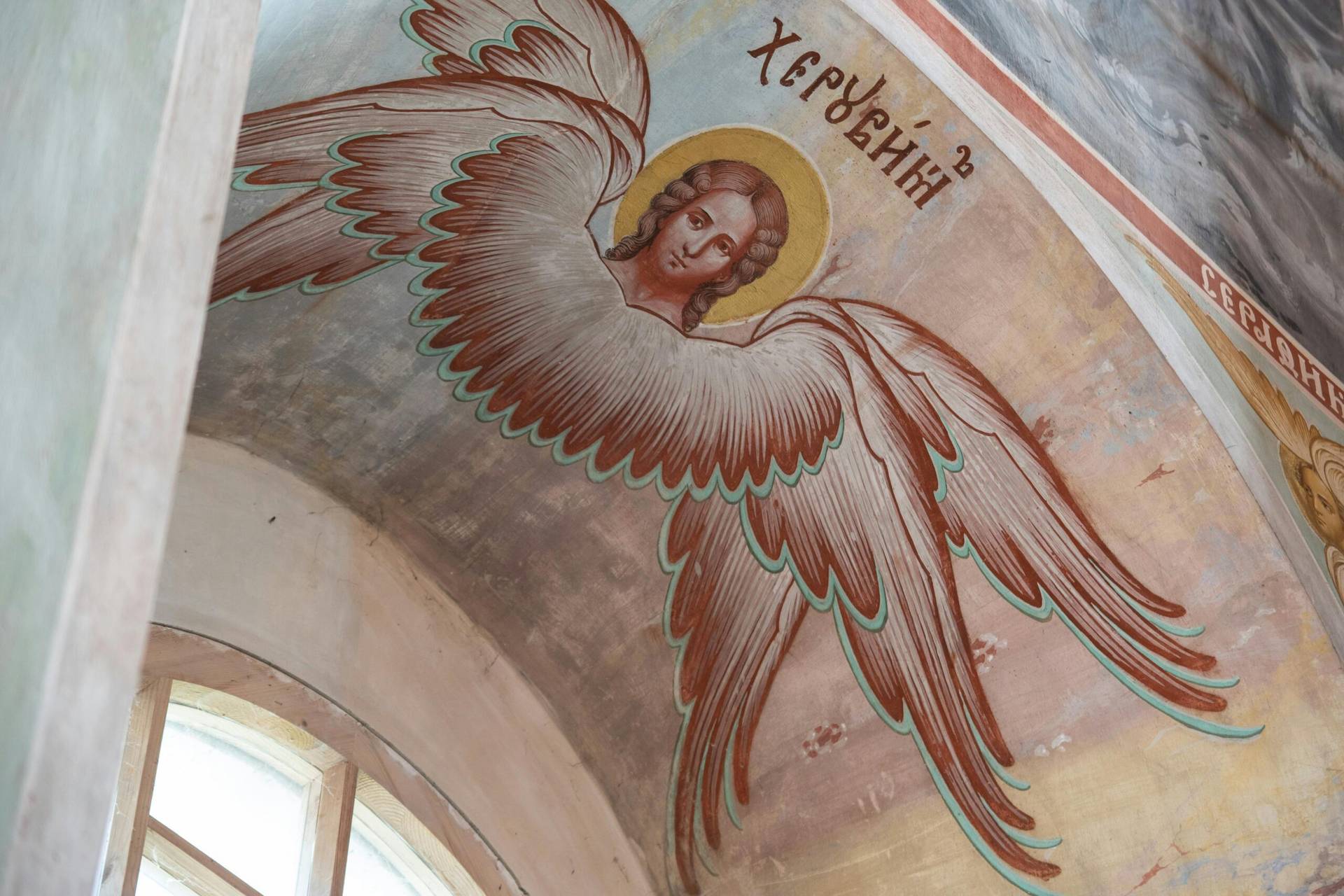The great Christmas Rush has begun! The starting gunshot was fired on Black Friday and, for many people, it’s been non-stop since.
The rush is identified by shopping for and wrapping gifts, hosting and attending holiday parties, collecting addresses and sending out cards, assembling and hanging up decorations, and an array of related tasks and expectations. And all of this on top of the already demanding things of life.
It can be exhausting. In fact, by the time December 25 rolls round, there are some people who have become numb to it all and are very ready to just get it over with. In the excessive hustle and bustle, the spiritual warmth and meaning of the holy day is lost. Instead, a “zombie Christmas” takes over.
Such a zombie Christmas is worse than any attacks by Ebenezer Scrooge or the Grinch, who at least indirectly acknowledge the holiday even as they try to diminish it. The victims of a zombie Christmas have become apathetic and detached to the reality of Christmas. They’ve been beaten up and are the living dead among the elves, mistletoe, and tinsel. They refuse to sing the carols, are anesthetized to the jingle bells, indifferent to the excitement of gifts, and callous to the cheerful greetings, “Merry Christmas” or “Happy Holidays.”
How does this zombie approach to Christmas happen? Easily enough, it starts when the Nativity of Jesus Christ and the peace, hope, and joy of that event are neglected or lost in the human soul. Without that focus, everything else can become a burden. The mind wonders: Why all this work? What’s the point?
After some time, such a burden breaks down the soul. It becomes comatose to the external things that have become painfully required of it and are presumed to cost too much in terms of emotional energy or of financial expense. And so, the soul sleeps but the body goes through the motions. The person exists as if she’s dead. The zombie Christmas begins.
What can be done? How can this zombie attack be prevented?
Zombies are immensely popular, and their presence is seen throughout Western culture from a wide variety of films, television shows, fan productions, zombie survival guides, other books, garden zombie gnomes, multiple video games, songs to zombie pub crawls and other festivals in honor of the living dead, the Zombie cocktail, and even academic modules on zombies in university courses.
Zombies are everywhere, and their widespread popularity is a penetrating indication of the boredom and existential exhaustion of the Western secularist. The zombie trend is a distressing sign of how many people feel about life and how they’re sadly approaching the blessings of this world.
And so, while zombies are overrunning vast areas of our culture, they do not have to overtake Christmas. What’s the solution?
The answer is simple and can be found in precisely what is in jeopardy, namely, the Nativity of Jesus Christ and the higher spiritual sentiments that are given through it. By reinvesting our attention and energy into the things of God and the elevation of our souls, we will find a resuscitation within us and retrieve again the life-giving joy of human existence and of this holiday season.
In this work, the Church offers us help. In her wisdom, she sees the Christmas Rush and the possibility of a zombie-like assault on the Lord’s Nativity, and so she blesses us with the guidance and relief of Advent.
Advent is a four-Sunday long liturgical season that offers a renewal in the things of God, a re-valuing of time and eternity, and a reflection on the biblical narrative of the Lord’s Nativity and the Second Coming. Advent invites a slowing of the pace of life, a tempering of expectations, a pause to the anxieties of the season, a time for gratitude and generosity, moments of peace and prayer, an internal revival of the meaning of Christmas, as well as a re-discovery of the bliss that can be found in the various holiday customs and traditions.
This is the power and the opportunity of Advent. It is the bane of every zombie that seeks to fatigue and deplete the soul of the comfort and joy of Christmas. Advent offers a rejuvenation to the soul and a time to remember the reason for this sacred season.
While completely missed by some, overlooked by others, or actively disregarded by a few, Advent has its place. In contemporary times especially, it’s a needed stop gap to the zombification of our culture and the Christmas season. It’s a blessing, a chance, a conversion, a moment of time provided to each of us to rest and reflect, prepare spiritually for the holy days, and to rejoice and live the gift of life.














